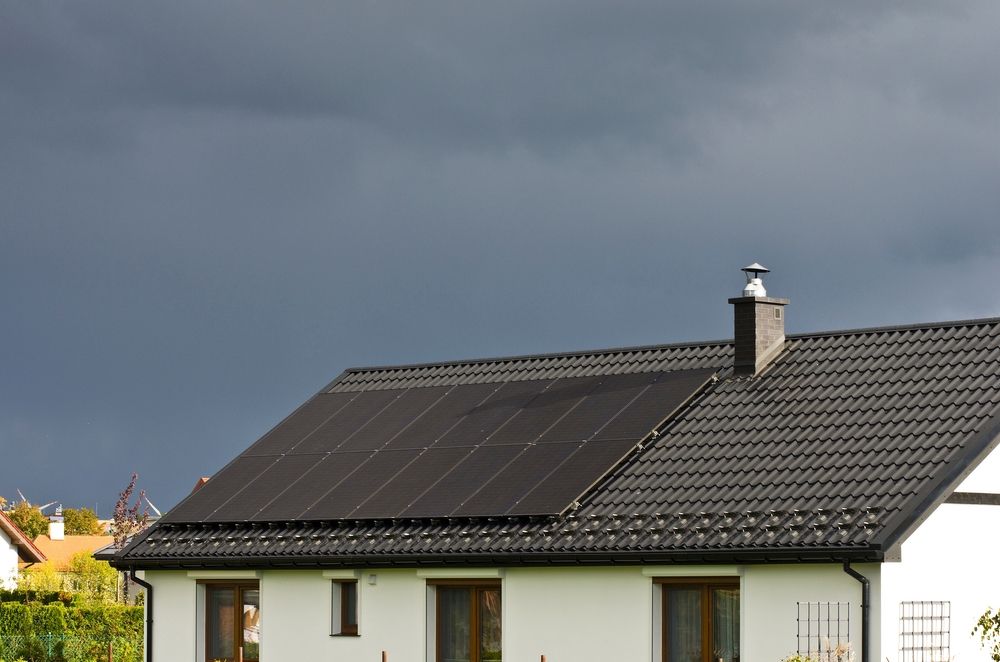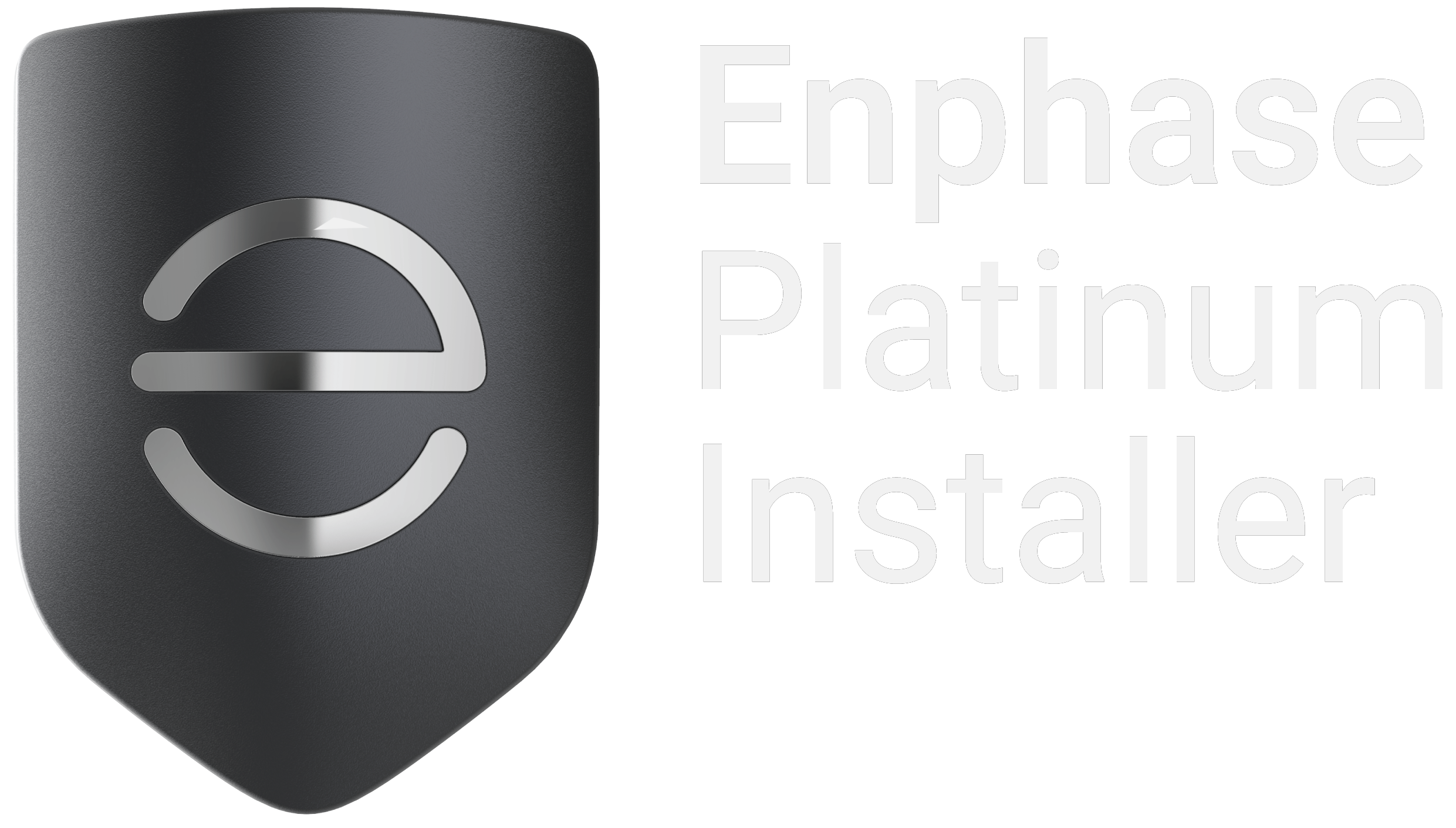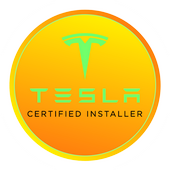
Solar energy is a clean and renewable energy source that is becoming increasingly popular worldwide. However, there is still confusion regarding whether solar panels can produce energy on cloudy days and at night. In this blog, we will discuss the feasibility of producing energy from solar panels during cloudy days and at night, as well as the ways in which solar storage makes solar sustainable.
Do Solar Panels Work on Cloudy Days?
Yes, solar panels do work on cloudy days, but the amount of energy they produce will be significantly reduced. Solar panels generate electricity by capturing sunlight and converting it into electricity. Clouds block a portion of the sunlight, which means that the energy produced will be reduced. The exact amount of reduction in energy production will depend on the thickness of the cloud cover, the time of day, and the angle of the sun.
Do Solar Panels Work at Night?
No, solar panels do not work at night since there is no sunlight to convert into electricity. The confusion around solar working at night is because of solar storage—which provides energy supply during the night. This is why solar panels are typically used in conjunction with other sources of energy, such as a grid connection or a battery storage system.
How Solar Storage and Net Metering Make Solar Sustainable During Nighttime
Solar storage and net metering make solar sustainable during nighttime by allowing excess energy generated during the day to be stored and used at night. Solar storage systems, such as batteries, store the excess energy generated during the day and release it at night when the solar panels are not producing electricity. This allows homeowners to use the energy generated during the day at night, reducing their dependence on the grid.
Net metering is another way to make solar sustainable during the nighttime. Net metering is a system where excess energy generated by solar panels is sent back to the grid and credited to the homeowner’s account. This credit can then be used to offset the cost of electricity consumed at night or during periods of low solar production.
When will Solar Perform the Best?
Solar panels will perform the best when there is abundant sunlight, and the solar panels are correctly installed and positioned to capture the maximum amount of sunlight. The ideal conditions for solar panel performance are clear and sunny days, with the panels facing directly toward the sun.
What Can I Do to Maximize Solar Production?
There are several things that homeowners can do to maximize solar production. Firstly, ensure the solar panels are installed in a location with maximum sunlight exposure. This means that the solar panels should be positioned to face south (in the northern hemisphere) or north (in the southern hemisphere) and angled to optimize sunlight capture. Secondly, keep the solar panels clean and free of debris. Dirty solar panels can reduce energy production by as much as 25%
In conclusion, solar panels can produce energy on cloudy days, but the amount of energy produced will be significantly reduced. Solar panels cannot produce energy at night, but solar storage and net metering make solar sustainable during nighttime. Solar panels will perform the best when there is abundant sunlight and are properly installed and positioned to capture the maximum amount of sunlight. Homeowners can maximize solar production by ensuring that the solar panels are installed in a location with maximum sunlight exposure and by keeping the solar panels clean and free of debris.
At Sunlight Solar, Inc., we are a local Southern California Solar Company that aims to help homeowners with affordable means to lower their electricity bills and protect the environment. Call us at (858) 564-8032 or click here to discuss if solar panels are right for you! We will thoroughly evaluate your home and the effectiveness of a potential solar system before providing you with a FREE quote.






